Part of growing up is learning that some of the films you may have enjoyed at an earlier age (war films especially) carry with them problematic elements—elements that sour with your developed political alignment. It thus becomes a step in that growth process to decide how much of any film’s political misgivings will factor into your newfound evaluation of it. Alex Garland seems intent on avoiding this process altogether with his new film “Civil War” (2024) by insisting that it takes on a politically neutral stance, a position that has utterly baffled some and angered others leading up to the film’s release.
But within a few minutes of the runtime, Garland makes it clear that his intent with the “Civil War” isn’t just to be politically neutral; neutrality as a concept is the entire point of the film. The film is, at the end of the day, a treatise on the very act of photojournalism—an ode to the souls who throw themselves into the heart of chaos every day to get the horrors of the front lines posted to our daily timelines, and a lamentation on the very act of being involved in such events without the capacity, or desire, to intervene. That’s all well and good, but after those few minutes, it would probably benefit such an ambitious undertaking to explore those implications of neutrality beyond its mere existence.
Civil war has broken out in the continental United States, as the president (Nick Offerman, in what amounts to a blink-and-you’ll-miss-it appearance) declares that the seceding factions are within weeks of being overtaken and reincorporated into the greater territory. Through it all, veteran war photographer Lee (a stony Kirsten Dunst) and her journalist colleague Joel (Wagner Maura) are intent on getting an interview with the president before it’s too late. Their journey to a ravaged D.C. through the carnage of the American states finds them accompanied by a fresh-faced upstart photographer and admirer of Lee’s, Jessie (Priscilla standout Cailee Spaeny, cementing her spot within the A24 family), whose rugged enthusiasm towards her chosen profession may be challenged by the very kinds of horrors that make it a necessary job at all.
The internal indifference required for someone to take on a harrowing profession with such starkly impartial composure is the fuel that drives “Civil War”—“Once those questions start coming,” Lee tells her sudden new protégé, “…they never stop. So it’s best to just not ask them at all.” How far can one go before the atrocities in front of them irreparably snap something deep within their soul? How far can the prospect of “sending a warning back home” motivate you to keep standing inches away from death and coldly documenting it?
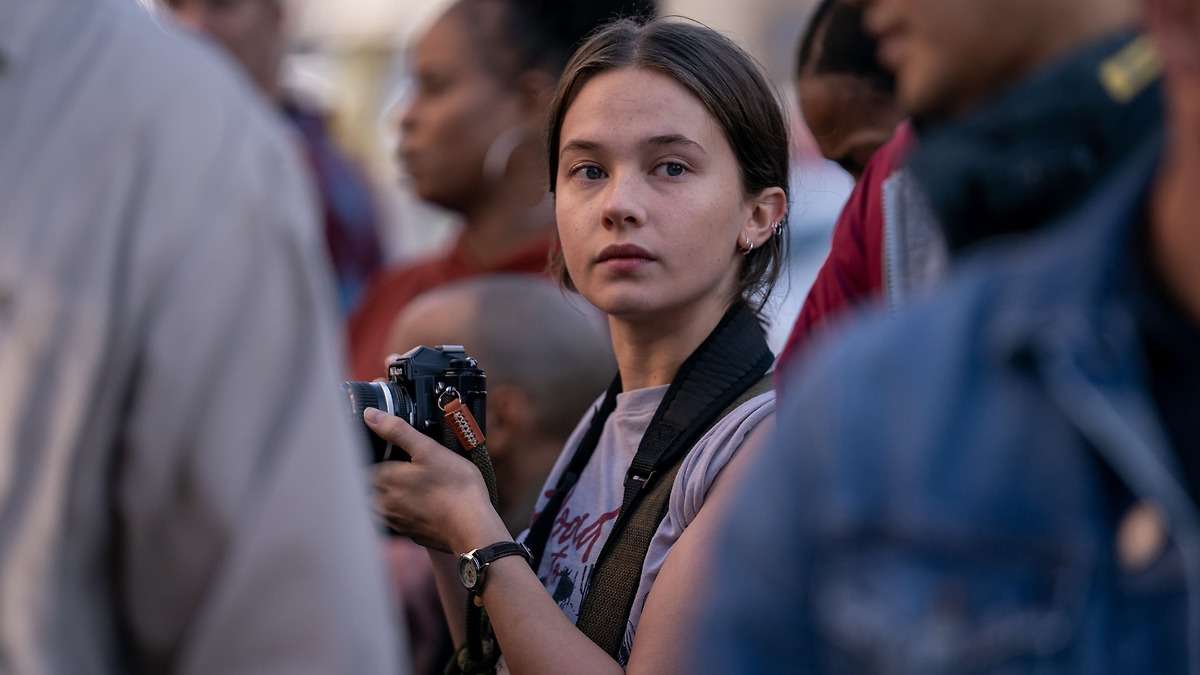
The timing of Civil War’s release is being touted as particularly pressing due to its occurrence during an American election year, but the continued atrocities raging overseas, filtered through the relative indifference of our social media feed, makes for a far more urgent moment to be unveiling such a stance on frigid indifference. Garland, with the basic idea in front of him, simply has nothing to add to the conversation that months and months of horrid desensitization haven’t told us already. Even within the realm of cinema exclusively, “Civil War” presents a rather lukewarm examination of the abject terror that comes from prolonged exposure to such dehumanization, especially without any kind of political stance to ground it.
Sure, you can argue that the aforementioned take of the film as an examination of frontline journalism as being an inherently brutalizing but tragically necessary piece of the war cycle is enough, but the very act of following these people in the first place implies a desire to get to know them sympathetically—a notion Garland enforces through sporadic, half-hearted moments of interaction in the downtime. On that front, while the actors do their best to infuse these moments with some real gravity, the characterization is presented so limply that all you’re left to attach yourself to is the base empathy you feel for people caught in these circumstances.
A greater issue, then, becomes Rob Hardy’s sumptuous cinematography. The rare case of a film looking too good for what it’s aiming to be, Garland and Hardy present these horrors with a picturesque beauty that somewhat fits into the idea of aestheticizing the horrors of carnage. That said, the rich, shallow focus and careful slow-motion shooting do little to bring you into the sense of real danger, leaving you distant from the dangers of the story but too conventionally close to these characters’ sides to appreciate the film’s attempted themes of objectivity. By the time “Civil War” reaches its final set-piece, you’re simply too numb to any of it to care when Alex Garland lets the siren blare.



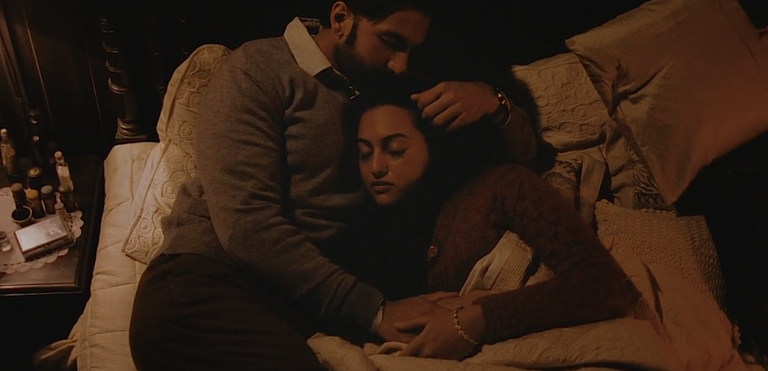
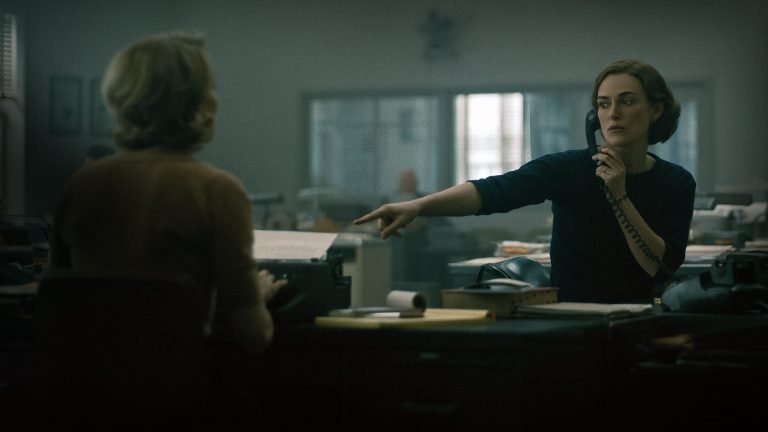
![Savage [2018] NYAFF – A High Octane Chinese Thriller](https://79468c92.delivery.rocketcdn.me/wp-content/uploads/2019/06/Savage-2019-high-on-films-768x398.jpg)
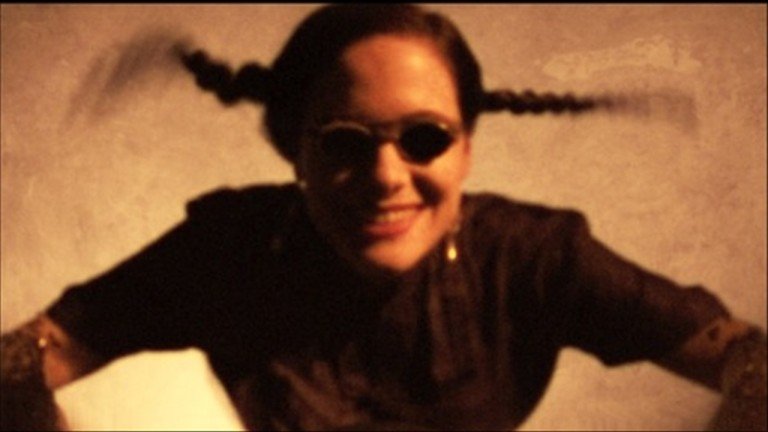
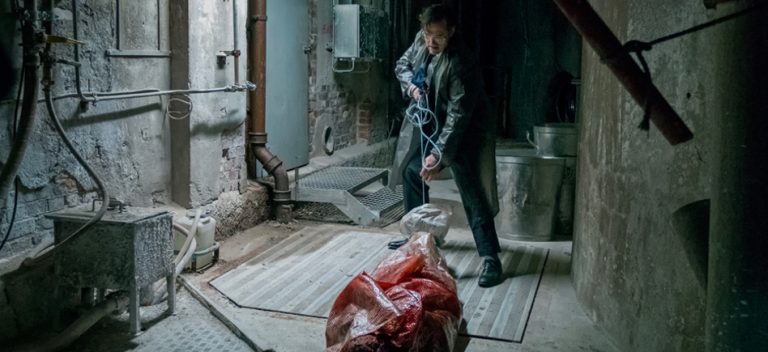
![Interceptor [2022] ‘Netflix’ Review: This ship Was Sunk Even Before it Set Sail](https://79468c92.delivery.rocketcdn.me/wp-content/uploads/2022/06/Interceptor-2022-Netflix-Original-768x384.webp)